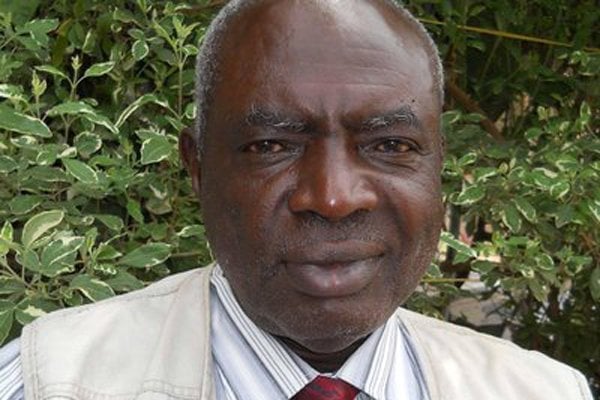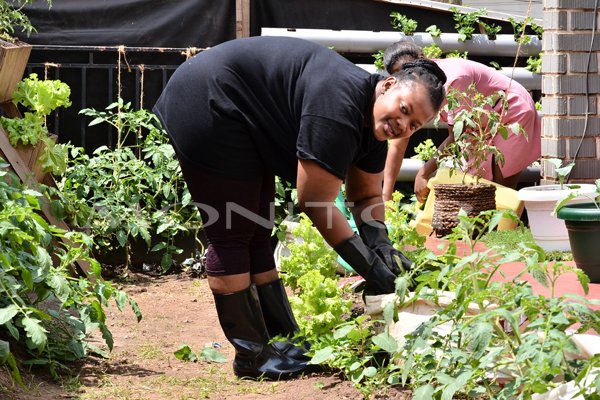Prime
Urban farming to improve nutrition

Michael Ssali
According to Uganda Bureau of Statistics urban population grew from less than one million persons in 1980 to about three million in 2002, representing a nearly threefold increase, and further went up to 7.4 million in 2014. It was projected at 10.6 million persons in the year 2020. The recent approval by parliament of fifteen new cities will lead to greater growth of the urban population for the period of July 2020 to 2023 when the new boundaries will be concretized. We will see increased rural urban migration and crowded settlements.
Most low income people living in crowded areas cannot afford a balanced diet and face the challenge of “putting food on the table.” Over the last few years some innovations have been made to produce food in small places.
Just by putting soil in containers such as plastic buckets or sacks or wooden boxes it is possible to grow a variety of vegetables right on the veranda or in the backyard of a residential building.
People now rear fish in ponds filled with rainwater from roof tops or public water supply systems. Others rear small animals such as rabbits, in cages, or goats and sheep under zero-grazing. There are yet others who may keep a Frisian cow or two in small enclosures. Quite often households that produce food in their homes have a higher chance of eating a balanced diet and to sell the excess food to their neighbours.
Urban farming can be profitable because the farmer, unlike his rural counterpart, is quite close to the consumers and does not spend much money transporting his products.
A poultry farmer in Kampala is likely to get individual consumer households within his neighbourhood making orders for the eggs and possibly even collecting them from his farm. Urban farmers are assured of water all the time because towns have public water supply systems.
They can do irrigation of their crops and water their livestock all the time unlike many rural farmers who depend on rain.
The urban farmer has the advantage of producing green vegetables and other food items and selling them at favourable prices when there is food scarcity caused by long droughts.
Urban farmers take advantage of biodegradable rubbish and use it as manure in their gardens. Some collect banana peelings or fresh beans left-over to feed their animals which reduces garbage accumulation in towns.
Mr Michael Ssali is a veteran journalist,
[email protected]




